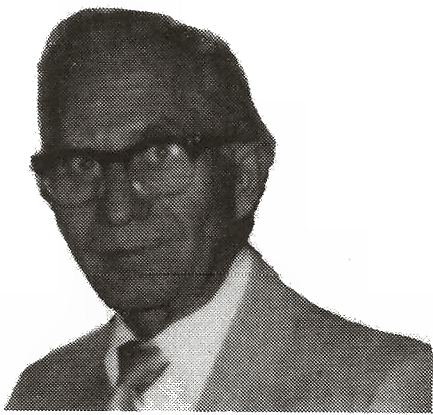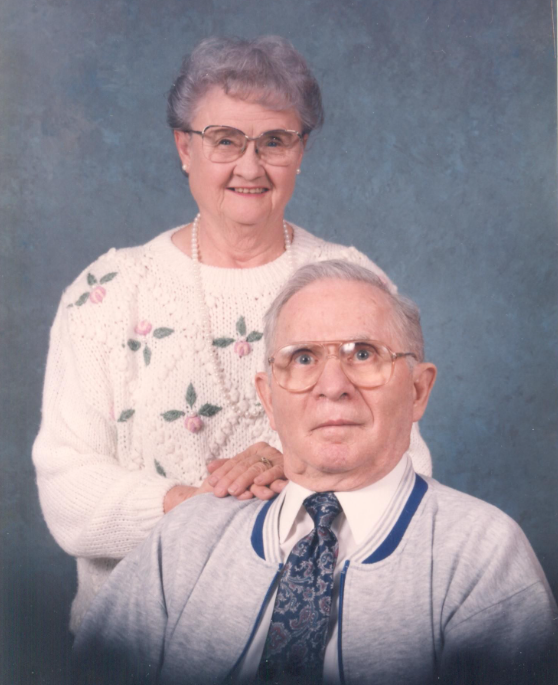| |
 
Rex & Norma 1994
from the Introduction to Rex's 1982 book
"I
Fought Leukemia and Won"
At
the age of fifty-two I was diagnosed as
having the dread disease leukemia. Yet I fought it
and won.
Leukemia is regarded as incurable and, until
recent years, invariably fatal. Modern therapy
can result in remissions, some long term; but most
are only temporary. Some patients never achieve a
remission, and the side effects of approved treatments
can be damaging or even life-threatening.
Instead of submitting to the hazards of radiation
and chemotherapy, I chose the Gerson Therapy,
a treatment based on diet and other methods
for purifying the body and building its defenses.
For two and a half years I had fought the long,
hard, time-consuming battle to health, losing the
fight each day, before I heard of the Gerson Therapy.
At the time of my last physical examination, I
showed no signs of ever having had leukemia; my
blood was free of any infection or sign of leukemia.
In fact, doctors who examined me claimed I had
been misdiagnosed, including the doctor whose
records showed at least three such diagnoses.
The causes of leukemia are still not known for
certain, but it is believed that the interaction of
some known factors with genetic and environmental
conditions can help trigger the disease in
susceptible people. For this reason my story will
include some experiences which may show a
susceptibility or which may have contributed to
my developing the disease, although there is no
certainty, of course, that there is such a connection.
My health was restored as a result of the
Gerson Therapy, which has been healing "incurables"
since the late 1920s. Because cancer will
strike one out of three people in America, I feel that
each one of us should familiarize ourselves with
all methods of combating this and other degenerative
and painful diseases-not just those methods
approved by the medical establishment. Since my
experience was with the Gerson Therapy, that is
what I tell about in this book. My only regret is
that I didn't learn of this therapy sooner.
Rex B Eyre

|
|
